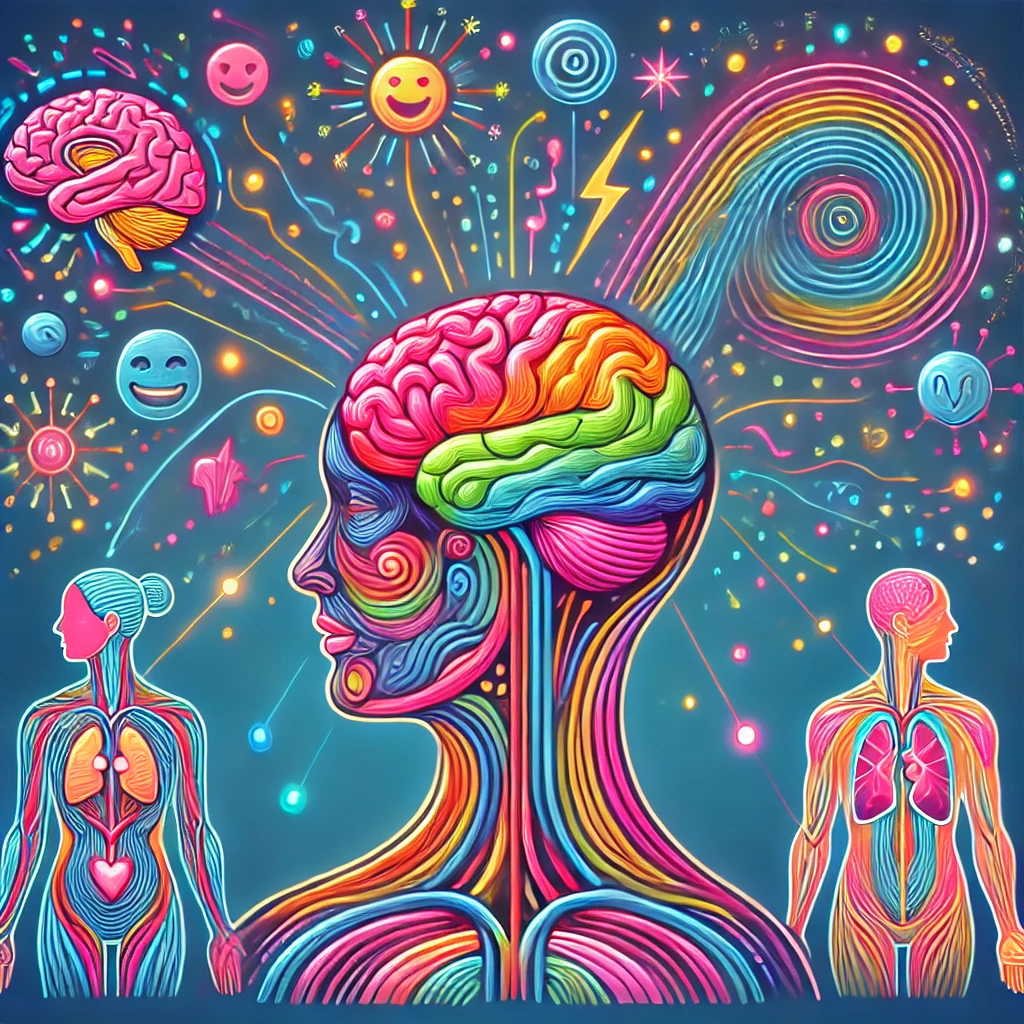Have you ever stopped to consider that your emotions are not something that just happen to you, but something that your brain actively constructs? This insight has the power to reshape not just how you understand your own emotions, but also how you navigate stress, relationships, and decision-making in your work and personal life.
Your brain is constantly predicting and constructing your experience of the world—sometimes inaccurately, and often on a low body budget. This means you have far more control over your emotional experience than you might think. But with that control comes responsibility.
As a coach and facilitator, one of the greatest joys of my work is absorbing and sharing wisdom from leading researchers in modern work-life psychology. This past year, I’ve been diving into the work of neuroscientist Lisa Feldman Barrett, whose research has transformed how I interpret my emotions and has been a game-changer for many of my clients.
The Science Behind Emotions: A New Perspective
Traditional views of emotional intelligence (EI) often assume that emotions are universal, easily recognized through facial expressions, and controlled through rational thought. But Feldman Barrett’s research challenges this. She argues that emotions are constructed by the brain, based on predictions and context, rather than being hardwired responses. This construction is influenced by past experiences and emotional vocabulary—meaning that the more precise language you have for your feelings, the more effectively you can regulate them.
In today’s increasingly global and multicultural work environments, understanding this can be a game-changer. Emotional granularity—the ability to identify and articulate specific emotions—enhances emotional intelligence, strengthens relationships, and even improves overall well-being.
Practical Takeaways for Daily Life
So, what does this mean for you in practical terms? Here are some key insights:
💡 Stress and anxiety are your brain’s way of interpreting bodily sensations. Often, these interpretations are oversimplified or even incorrect!
💡 Your emotions can be influenced by physical states. That feeling of doom? It might just be hunger, exhaustion, or the onset of a cold.
💡 Your brain operates with the same budget constraints as your body. Its primary function is to keep you alive and functioning—sometimes at the cost of accuracy in how it perceives emotions.
💡 Expanding your emotional vocabulary rewires your brain. The more words you have to describe what you feel, the more nuanced and accurate your emotional experiences become.
For example, did you know there’s a Japanese word that perfectly captures the unpleasant feeling you have after a bad haircut? Imagine how powerful it would be to have words that precisely define the emotions you struggle to articulate.
What Emotions Do You Need Words For?
As you reflect on these ideas, consider: Are there emotions in your daily life—at work, at home, in times of change—that feel vague or hard to pin down? What words could help you better understand and manage them?
For a deeper dive into this fascinating topic, here are some great resources:
🔗 Lisa Feldman Barrett’s TED Talk 🔗 Article on Emotional Intelligence and the Brain 🔗 Re-Thinking Podcast Episode
Understanding how your brain constructs emotions is key to strengthening your emotional intelligence. And in a world of constant change, that’s one of the most valuable tools you can have.




Great insights on mental health—it’s so important to explore alternative treatments alongside traditional therapy. For anyone interested in psychedelic-assisted approaches, check out https://lysergamideworld.com/ . It’s a growing resource for those curious about LSD and mental wellness.